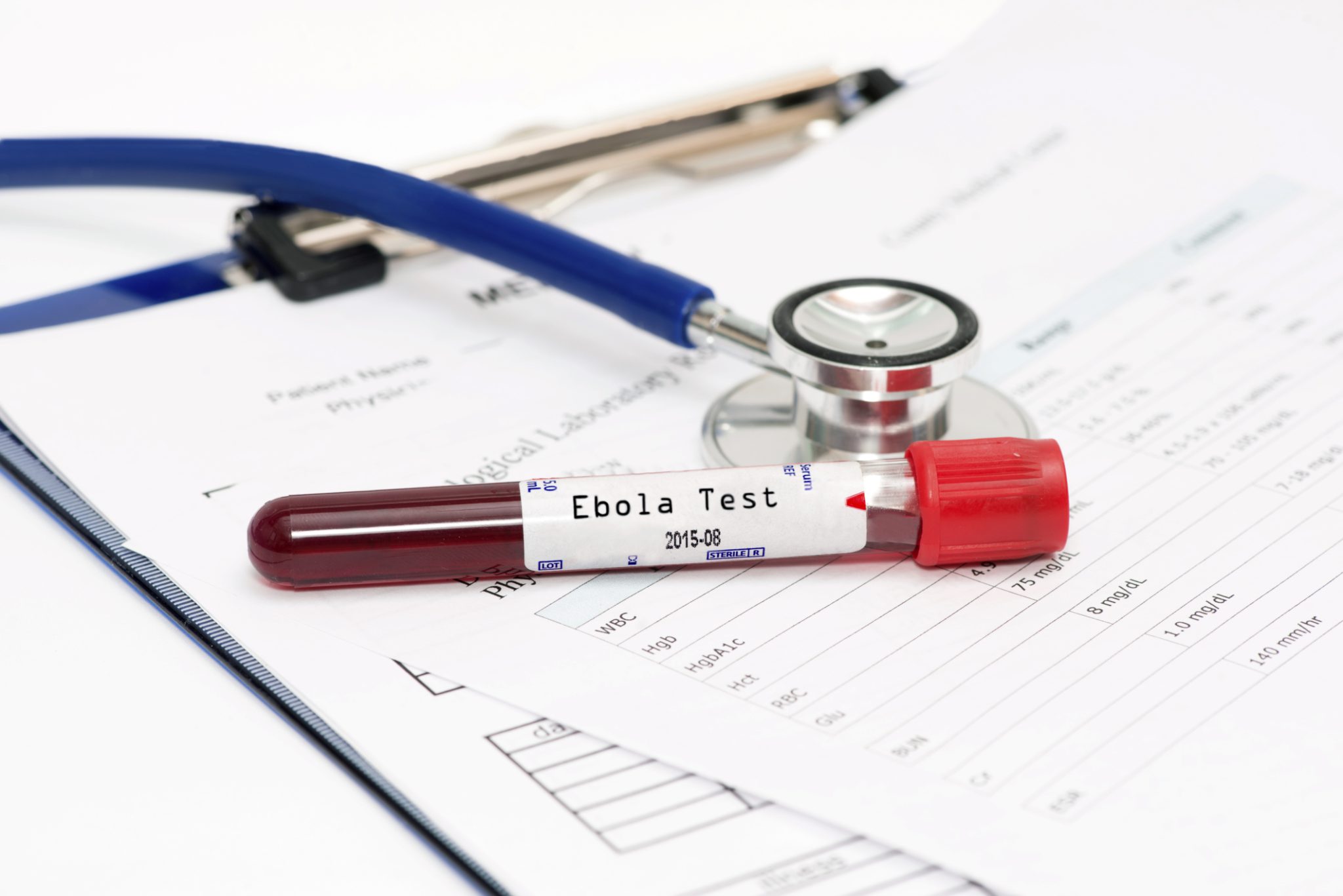The Centers for Disease Control and Prevention and a Texas hospital have confirmed the first case of Ebola diagnosed in the U.S. But infectious disease officials say there’s no need for Americans to panic: U.S. hospitals are well equipped to handle such infections and have done so in the past.
Amesh Adalja, M.D., a UPMC infectious disease and critical care physician and a senior associate at the UPMC Center for Health Security in Baltimore, said Ebola can’t spread when patients are cared for using appropriate personal protective equipment.
“This case, like any Ebola case, can be treated in an ordinary hospital and need not require a containment facility,” Dr. Adalja said. “I hope this case is taken care of in the ‘ordinary’ setting of Texas Presbyterian Hospital to illustrate how non-contagious Ebola patients are when the proper precautions are taken.”
The U.S. has shown it is adept at handling imported cases of infections, including past cases of Lassa Fever and Marburg – which is related to Ebola – many times in the past without an outbreak occurring here.
Dr. Adalja said it was inevitable that a case of Ebola would reach the U.S. considering travel patterns around the world. So far, there have been about 8,000 confirmed cases of Ebola in West Africa and that number is likely higher. The patient diagnosed in Texas had recently returned from a trip to West Africa, CDC officials said.
“While details of the U.S. patient are sketchy at this point, this case illustrates the extreme importance of asking a travel history in patients who may have been in Ebola-stricken areas,” Dr. Adalja said.
According to the CDC, the patient left Liberia on Sept. 19 and arrived in the U.S. a day later. The patient did not experience symptoms – and so was not contagious – until a few days later, on Sept. 24.
The CDC is working to identify people that may have come in close contact with the U.S. patient. If you have recently traveled to West Africa and returned to the U.S., the CDC urges the following:
- Pay close attention to your health, especially if you have come into contact with blood or body fluids, items that have come in contact with blood or body fluids, animals or raw meat, or hospitals where Ebola patients are being treated or participated in burial rituals.
- Seek medical care immediately if you develop fever (temperature of 101.5°F/ 38.6°C) and any of the following symptoms: headache, muscle pain, diarrhea, vomiting, stomach pain, or unexplained bruising or bleeding.
- Tell your doctor about your recent travel and your symptoms before you go to the office or emergency room. Advance notice will help your doctor care for you and protect other people who may be in the office.










